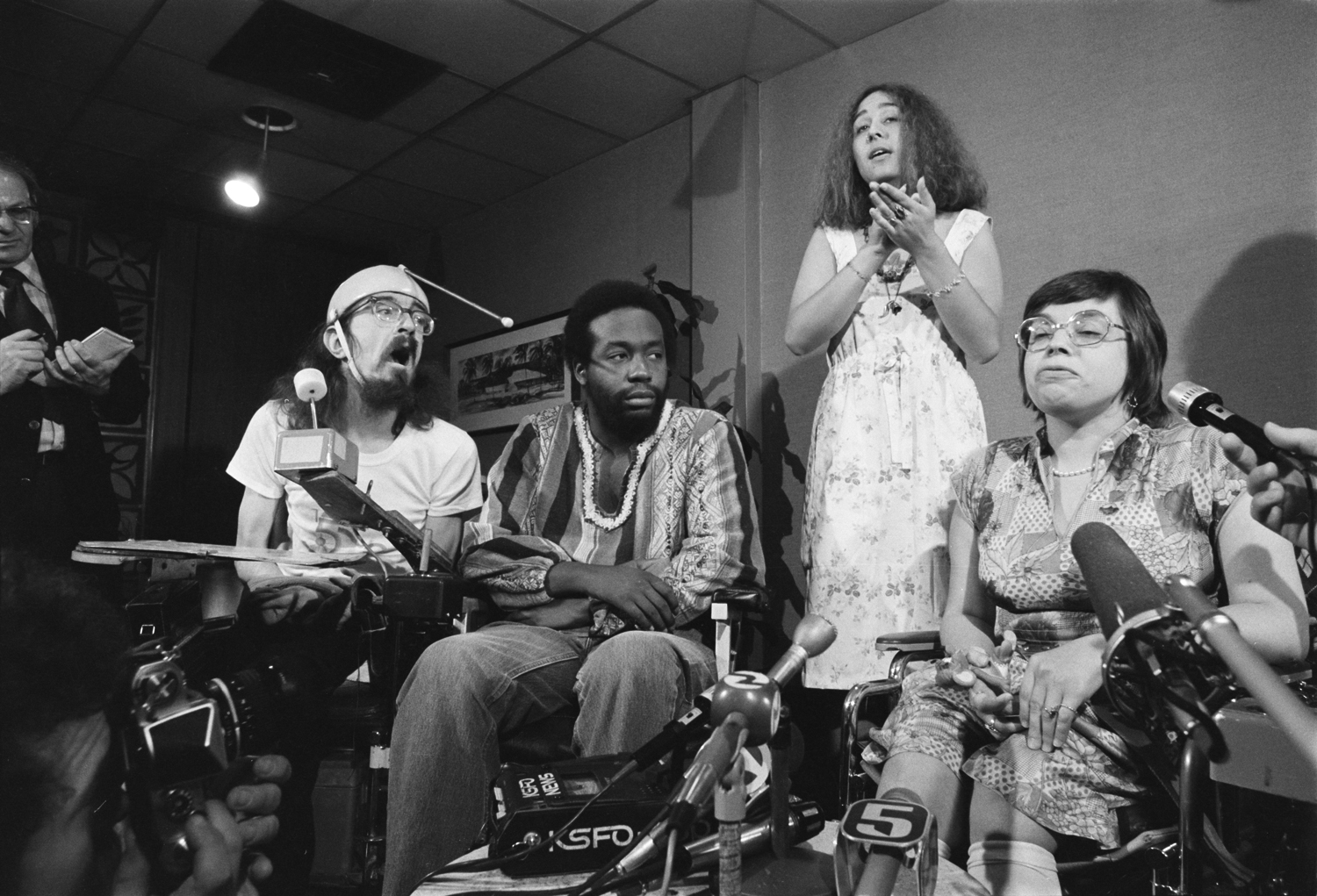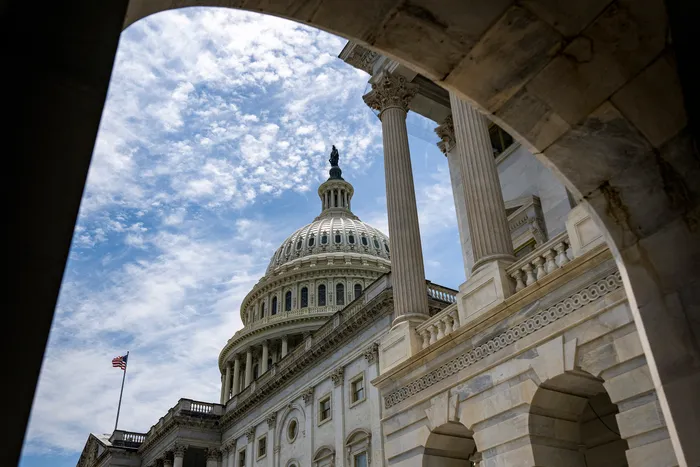Department of Labor Withdraws Critical Wage Rule
On July 7, the U.S. Department of Labor took a shocking step back by formally withdrawing its proposed rule intended to end the subminimum wage for disabled workers, a policy introduced during the Biden administration. This decision not only undermines the hard-fought progress made by advocates for disability rights but also leaves countless disabled individuals in an economic purgatory, reliant on outdated and oppressive wage structures.
Shocking Statistics Highlight the Crisis
Currently, over 600 sheltered workshops across the United States employ disabled workers under the 14(c) provision of the Fair Labor Standards Act, allowing them to pay wages as low as 25 cents an hour. This is a cruel irony considering that the federal minimum wage stands at a meager $7.25 an hour, which itself is not a living wage. According to the Department of Labor, this unjust practice was originally designed to provide “opportunities” for disabled workers but has instead evolved into a system that perpetuates poverty and marginalization.

Some States are Eliminating Subminimum Wages for People with ...
Advocates Call Out Systemic Failures
Mia Ives-Rublee, senior director for the Disability Justice Initiative at the Center for American Progress, articulated the deep frustration felt by advocates when she stated, "It’s a cruel irony for disabled people that the Trump administration announced they are rolling back this rule almost the same day as Congress voted for the [One Big Beautiful Bill] Act." This juxtaposition highlights the ongoing battle for equity in labor rights, as Congress attempts to push forward with progressive policies while the administration pulls back on essential protections for the disabled community.
Real Stories of Struggle and Survival
Voices from those who have experienced the harsh realities of subminimum wage employment paint a grim picture. David Pinno, who worked at a sheltered workshop for eight years, recalls making only $48 a week for labor-intensive tasks. Now employed at McDonald’s earning $14 an hour, he reflects on his past with palpable bitterness: "It’s discouraging to see people being treated like they are 5 years old at a sheltered workshop." These personal accounts not only humanize the statistics but also underline the urgent need for systemic reform.

504 Protest: Disability, Community, and Civil Rights (U.S. ...
State-Level Progress Offers Hope
Despite the federal setback, momentum is building at the state level. Georgia recently passed a bill to phase out subminimum wage by 2027, with Governor Brian Kemp stating, "Everyone deserves the chance to work and thrive." This legislative progress demonstrates that change is possible, even when federal policies stagnate. As reported by the GAO, 16 states have already taken steps to eliminate subminimum wage practices, showcasing a growing national recognition of the injustice faced by disabled workers.
Employment Rights for People with Disabilities Must Evolve
Creating a system where disabled individuals are paid fairly is not merely a matter of ethical responsibility; it’s a human rights issue. As the U.S. grapples with income inequality and systemic discrimination, the persistence of subminimum wage practices represents a glaring failure in our commitment to social justice. The current landscape, where disabled workers are still exploited under the guise of “employment opportunities,” must be radically transformed through comprehensive policy reform and advocacy.

See Senate votes on Trump"s flagship bill behind the scenes


![[Video] France opens applications for 10-month national service for youth](/_next/image?url=%2Fapi%2Fimage%2Fthumbnails%2Fthumbnail-1768220506872-i17id8-thumbnail.jpg&w=3840&q=75)




![[Video] Gunfire between Iraqi security forces and Sadr militias in Baghdad](/_next/image?url=%2Fapi%2Fimage%2Fthumbnails%2Fthumbnail-1768343508874-4redb-thumbnail.jpg&w=3840&q=75)
